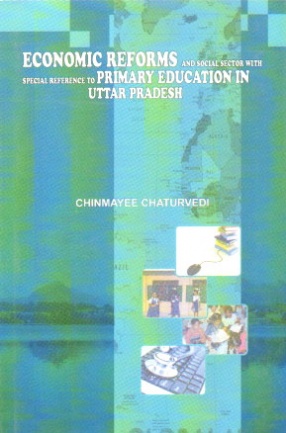Economic Reforms and Social Sector With Special Reference to Primary Education in Uttar Pradesh
The beginning of the last decade witnessed international community striving towards the upliftment of education for all. The UNESCO, the global meet at Jomtien and Dakar saw setting up of precise goals for the attainment of hitherto unachieved goals in the field of basic education. India also is emphasizing on the same in pursuance of the above and bound by the constitution of the country that directs the state to provide free and compulsory education to all till 14 years of age in accordance with Directive Principles of the State Policy. Recently the right to education has been made a fundamental right.
This is a notable and path breaking achievement as the government has been trying hard since six decades but could not bring every child in the fold of education. Now that it is a fundamental right, immense efforts in terms of planning and its implementation are required to make it worthwhile.
The present work studies elementary education in three districts of U.P. One amongst the BIMARU states, selected on the basis of a composite index of female literacy rate, percentage of SC/ST population and gross enrollment ration in primary classes. The study tries to assess the quality of education imparted in government run schools and the factors that motivate the students to perform better. The problems and remedies thus suggested may assist in framing policies for the grass root.
The right to education needs to be implemented sincerely, rigourously and in full spirit so that every citizen should feel connected to the national mainstream. The present work may prove supportive in this pursuit.
Get it now and save 10%
BECOME A MEMBER







Bibliographic information